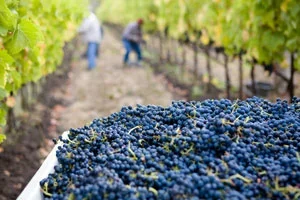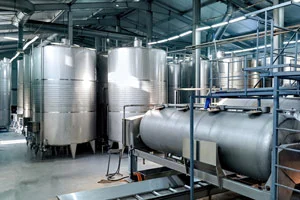- Processes
- Products
- Technology
Technology
Discover our Own Innovation Systems and High Technical Value. We are the present and future of innovation in winery equipment.
Oenological specialities
The performance of specific and customised tests on wines and musts allows us to provide a solution to any winery need, from the identification of undesirable precipitates to the prevention of future oxidation. The Agrovin laboratory carries out a wide range of tasks for this purpose:
Accelerated ageing study
This consists of subjecting the wine to solar exposure and high temperatures. By comparing the results obtained with a control group, it is possible to predict the possible future oxidation of the wine. In this way, the winery can anticipate the problem and take measures, thus saving economic costs and preserving its wine with the best qualities for as long as possible.
Product dosage recommendation
As each wine or must is different, so is the type and quantity of the oenological product to be added during the winemaking process. Not reaching the necessary dosage, or exceeding it, can lead to a future problem of instability (link “stabilisers”), which can be solved by adjusting the amount of product to each type of wine before bottling. For this purpose, different doses of fining agents and/or stabilisers are studied in the laboratory and a specific recommendation is made for each wine matrix.
Browning tests
The purpose of these tests is to reduce the catechin content by using the necessary dose of PVPP (link “Divergan-F”) to prevent the browning of the wine over time.
Elimination of organoleptic defects
A tasting panel establishes the organoleptic defects and the most appropriate oenological products for their elimination, and after their application at various doses, the most appropriate treatment for the wine in question is again decided through taste-testing.
Genetic determinations
By knowing the initial potassium values, it is possible to stabilise wines against the precipitation of potassium bitartrate crystals using cationic resins without drastically lowering their pH.


